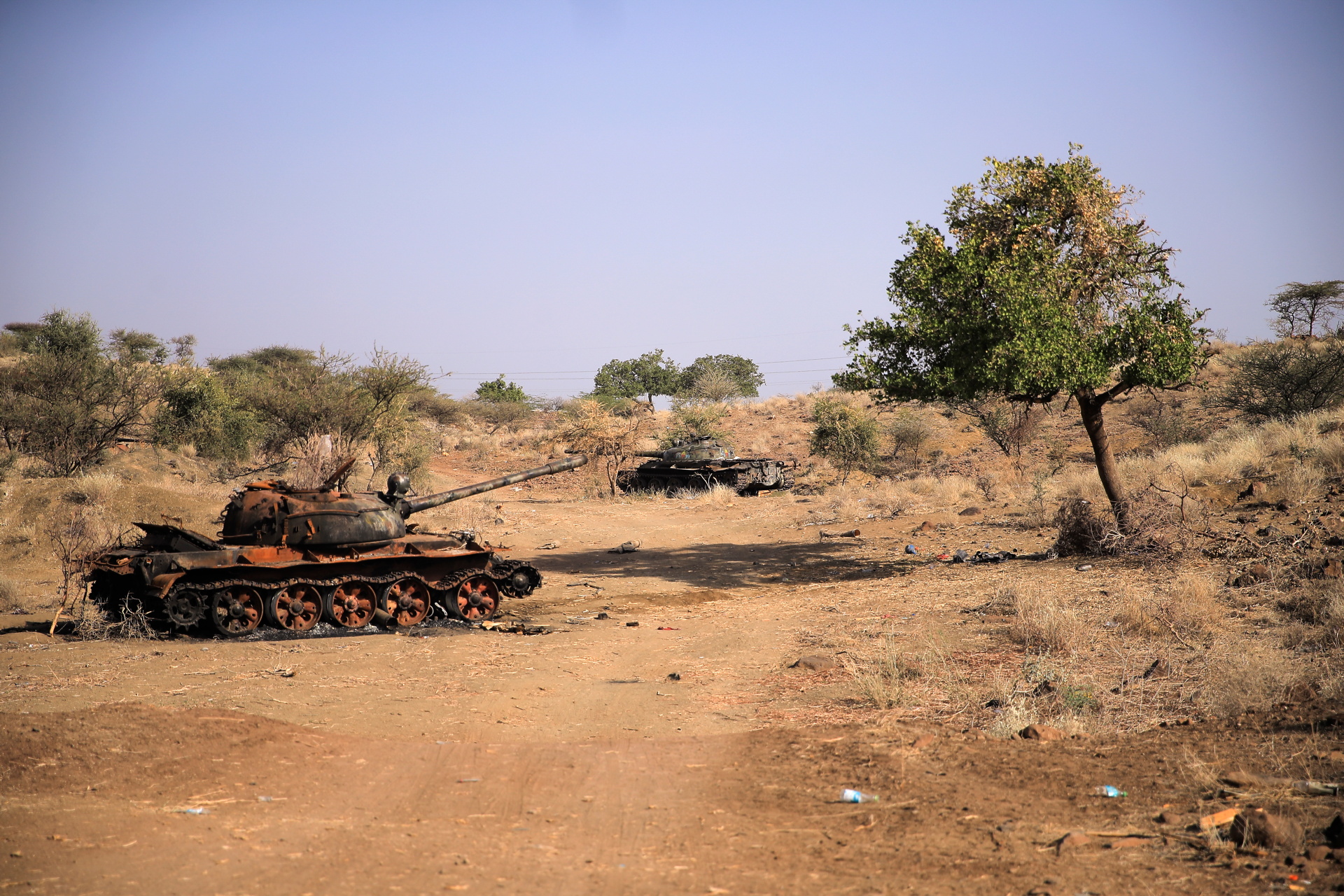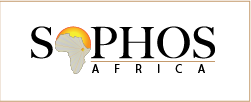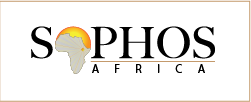
IS THE CAUSE WORTH DYING FOR?
By Desta Heliso
Here we are again. More than 40 lives have been lost and hundreds have suffered injuries in Ethiopia. But are the causes worth dying for? The cause for which these people, wittingly or unwittingly, have lost their lives is explained by a book written in Amharic by Dr. Negede Gobeze, which I read only a week or so ago. I had previously heard the book being criticized and Gobeze being vilified by the EPRDF officials and the government controlled media. Although I had not believed that the criticisms of the latter would be fair and even-handed, the fact that a friend of mine from Seattle admired the book created curiosity in me and made me want to read it.
The overarching thesis of the book is that as the Ethiopian constitution is a carbon copy of the Dergue constitution, which is Stalinist in nature and therefore undemocratic, it should be changed and replaced with a new constitution. But such a change cannot be achieved without changing the EPRDF regime, so in order to change the regime the people of Ethiopia should engage in selamawina hizbawi yetigil ma’ebel(~’peaceful and populous stormy struggle1). After removing the EPRDF regime, there will be a transitional government that will last for two or two and half years, during when a new constitution will be formulated and preparations will be made for fresh elections that are fair, free and democratic.
According to Gobeze, although the opposition parties should be involved in the parliamentary election, what they must focus on should be the process of the elections rather than the results. The advantage of that, in his view, is that it would be possible for the opposition to claim that the elections are rigged and fraudulent and then instigate populous struggle, which will eventually bring about the demise of the EPRDF government. Gobeze does not contemplate the possibility of the opposition winning the elections, so for him the only mechanism through which change and true democracy can be brought about is selamawina hizbawi yetigil ma’ebel. Any alternative to this approach is aguagulina adegegna mignot (‘useless and dangerous desire’). Why does he think the constitution is so bad that no democracy-and justice-loving Ethiopians should be part of a parliament that is governed by this constitution?
I would not want to get into all the intricacies of the arguments he puts forward, but it would be helpful for my readers to be aware of the main issues that he raises (I am painfully aware that my brevity might potentially simplify the complexity of the issues that Gobeze attempts to get across in his book. But given the length of the article, I have no choice).
First, Gobeze discusses the issue of the House of People’s Representatives being the legislative body with the highest authority. He not only seems to question such a constitution but also argues that the constitution contains loopholes where this legislative body could become an instrument to the Prime Minister with no checks and balances. Secondly, the law-courts are under the political influence of the EPRDF. Although Gobeze does not show how the constitution allows for lack of judicial freedom, he argues that that is actually the case. Thirdly, Gobeze argues that the constitution provides for the First-Past-the-Post electoral system rather than the Proportional Representation (PR) electoral system. As is well-known, the former is based on the number of seats won by a given party while the latter is based on the number of electorates who vote for a given party. In the case of the latter, how many members a party can have in the parliament depends on the number of votes they have in respective constituencies. Gobeze argues that the PR is more democratic and the best system for Ethiopia. Fourthly, Gobeze contends that in article 40/3 of the constitution, the land is under the ownership of the government rather than the peasants. This means that the peasants, who are and must be the rightful owners of the land, cannot sell and change it. Not only does this take away their rights but also it discourages economic development that will lead to industrialisation. Fifthly, article 39 provides for the equality of all ethnic groups and peoples and their rights of self-determination up to secession. This article, in Gobeze’s view, is detrimental for the unity of Ethiopia. In fact, it will eventually lead to a fragmentation of the country.
Protesters in the streets of Addis Ababa may have had different reasons on their minds when they took to the streets, blocked the roads and burned tyres, and then engaged in confrontation with the police with ugly outcomes. Whatever their reasons may have been the cause for which they were struggling is that of the constitution where it is to do with issues of land ethnic, rights of self-determination, electoral system, legislative body and judiciary.
I may have different views from Gobeze on some of these five points, but, like Gobeze, I believe that some aspects of our present constitution may need to be changed. No constitution is perfect and no constitution is without loopholes and pitfalls. Ours is no different. For example, while the House of People’s Representatives is the highest legislative body in the land, the constitution makes provisions for the Prime Minister to appoint individuals for such important institutions as the electoral commission and the judiciary. This obviously makes the neutrality of these institutions extremely questionable. More examples like this can be given. If the EPRDF government believes that the present constitution is immutable, it must be insane to say the least, but I don’t know if it thinks like that. Even if it does, I don’t think that encouraging our people to put their lives in jeopardy in order to change the constitution is the only option we are provided with at the moment.
We have had opportunities, limited though they may be, to use political processes and means to bring about any change that needs to be brought about. Change always takes time. But patience and deliberate and unified attempts characterised by clear and coherent policies and programmes will eventually win the day. There is no better way than fighting any political cause through parliamentary and democratic means. This might seem a useless and dangerous approach for Gobeze, but he and many citizens of our wretched country know very well that changes we have tried to bring about overnight have got us into all sorts of problems.
I was in Addis Ababa on Nov. 2,2005 when the fiercest clashes took place between the police and the demonstrators. My colleague who, along with a number of us, was witnessing what was happening outside from the secure compound of our institution said to me that such clashes were the only way to bring down the EPRDF government and bring about true democracy in Ethiopia. Although I am a believer in change, I was completely taken back by such a statement. Change for the sake of it could get us into more trouble than we are in at the moment. Change must be encouraged and pushed only if it is believed to bring about a better alternative to that which is already in place.
I asked my colleague, ‘if the rioters were successful, who would govern the country in a peaceful and stable manner?’ This was only a rhetorical question because I knew he was thinking of the leadership of Kinijit [Coalition for Unity and Democracy or in brief, CUD]. I know that Kinijit (CUD) is made up of extraordinarily talented people, but this is a party that needs a lot of time to sort itself out. It does not appear to have clear, coherent and convincing policies and programmes at the moment. Nor does it appear to be a united and uniting force. Its ideas are driven, by and large, by the detached and dangerous politics of the Diaspora rather than the realpolitik on the ground. Kinijit (CUD), unfortunately, has proved to be a party that is standing to implement Dr. Gobeze’s militant convictions more than representing and advancing the aspirations of the people.
Like Gobeze, Kinijit (CUD) believes that Ethiopia needs political and constitutional change through violence-centered process rather than peace-centered parliamentary processes. It was the Diaspora politics reflected in Gobeze’s book that encouraged the leadership of Kinijit (CUD) to boycott the parliament and refuse to assume the administration of the city of Addis Ababa. When I asked some Kinijit (CUD) members why the party leadership decided to choose such a path, the answer was that the people urged them to do so. I did not believe them. For one thing, if the Kinijit (CUD) leadership had wanted to give genuine leadership on the issues of entering the parliament and assuming the Addis Ababa administration rather than pretending to give a listening ear to the people, I am absolutely certain that their supporters would have been persuaded that political struggle through parliamentary processes would be a better alternative to selamawina hizbawi yetigil ma’ebel. Leaders must listen, but they must also lead. While knowing that no peaceful demonstration can be peaceful in Ethiopia and that violence breeds violence, the leadership of Kinijit (CUD) encouraged people to stage street protests in some bizarre and childish ways with the result of meaningless loss of lives.
Another point I would like to make is that I am puzzled as to why Gobeze thinks that his proposed constitutional ideas are the only ones that can bring about unity, democracy, peace and prosperity for Ethiopia. This troubles me greatly, because his approach, in my view, is no better than that of the Westerners who would claim to understand the roots of Africa’s problems, know what the solutions to those problems are and come ‘to save Africa from Africans’. Let us face it, Gobeze, like many Ethiopians abroad, has been away from Ethiopia for such a long time that he might struggle to understand the socio-cultural, political, educational and religious landscape of our country.
I have been living back in Addis Ababa for the last two years after living abroad for over a decade. I feel that I am suddenly faced with so much that I need to learn and relearn. I may have gained education in the West, but I am increasingly realizing that my moral or intellectual authority is very limited amongst my brothers and sisters who have endured so much suffering over the years and have developed a character that is noble and truly enviable. I have to be humble enough to learn from them rather than wanting to hastily take the podium to lecture them.
I know that Gobeze is someone with immense knowledge and rich experience in the areas of politics and academics, but even he has to be humble enough to learn from those who may have lesser academic and political pedigrees than his but who have richer first-hand experience of the situation in the country. Gobeze knows very well that no constitution is perfect or infallible. He also knows very well that no constitution is universally agreed. Even if he and I agree that some aspects of our constitution should be changed, as no constitution is immutable and eternal, we might never fully agree on some issues. I believe that constitutional changes or modification will take place in Ethiopia in the years to come whether EPRDF likes it or not, but I don’t think that changing the constitution is a primary cause that is worth dying for at the moment.
I accept that issues such as the appointment of the electoral commission and judiciary need to be looked at as soon as possible, but I don’t see any reason why that could not be done while the opposition are part of the existing parliament. My humble advice to Gobeze would be to help the opposition to strive to prove themselves to the people of Ethiopia that they are credible enough to take power in five years’ time. Otherwise, we will continue to fill our stomachs with Yehilm injera and neither Gobeze nor myself will in our life time celebrate the realization of our dreams, desires and aspirations for the democratic, united, peaceful and prosperous Ethiopia we both love.’


